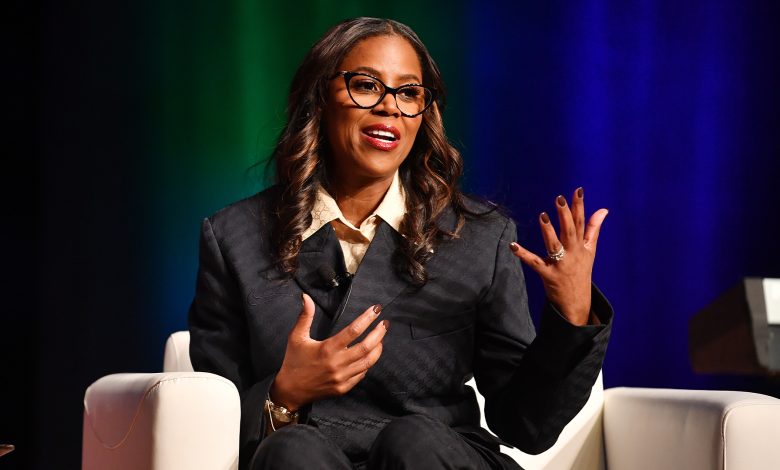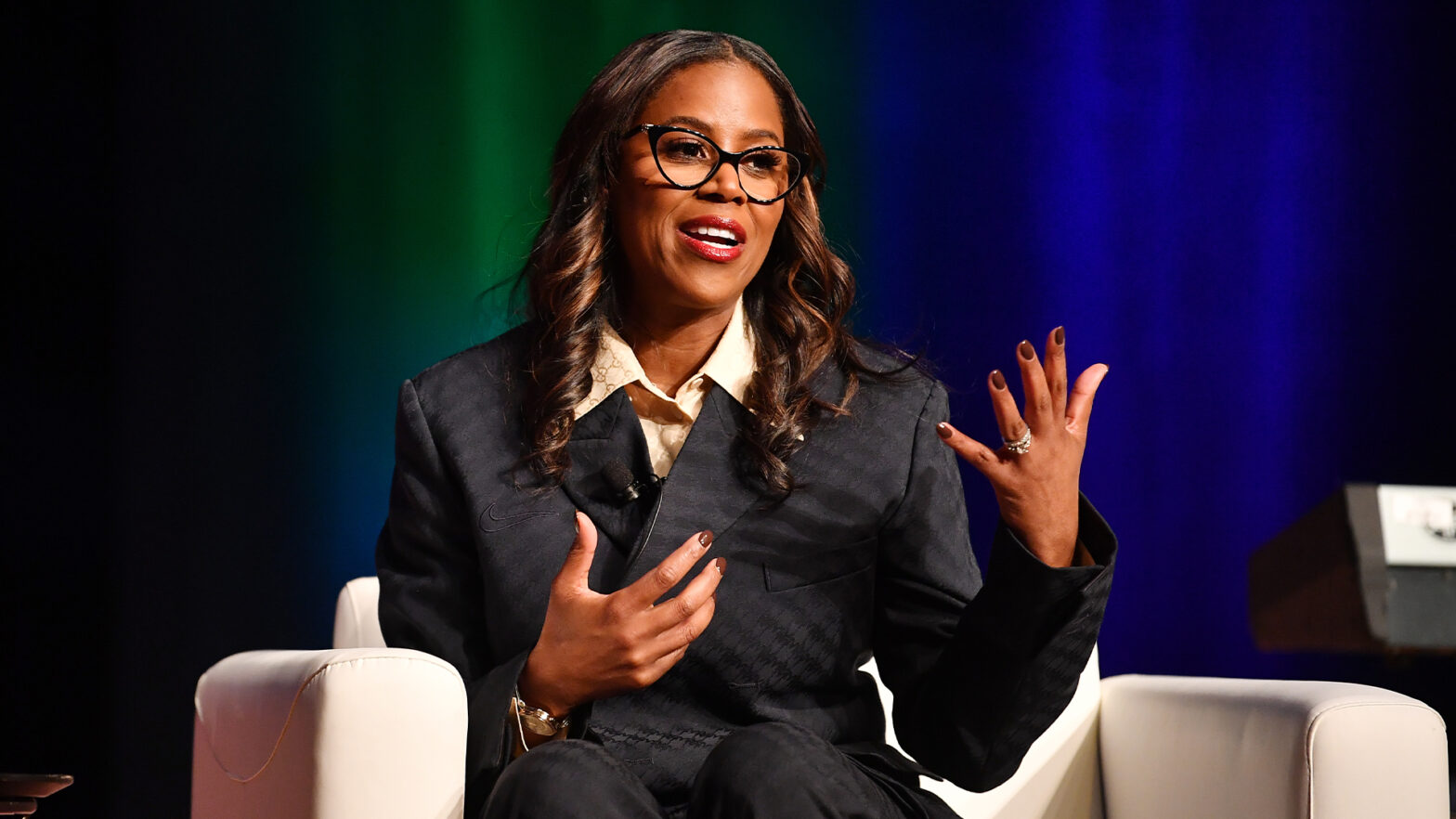Women CEOs Reach Record High On 2025 Fortune 500 List, But With Only 2 Black Women Listed Representation Is Still Lacking


For the first time in its 71-year history, the 2025 Fortune 500 list shows that women lead 11% of the largest U.S. companies by revenue. Surpassing the 10% mark is a historic milestone in corporate leadership, Fortune reports. Now 55 women serve as CEOs of Fortune 500 companies, up from 52 in both 2023 and 2024.
While this is positive news, only two of the 55 women are Black: Thasunda Brown Duckett, CEO of TIAA, and Toni Townes-Whitley, CEO of Science Applications International Corp.
Historic Progress, But Representation Gaps Remain
The rise in women-led companies is largely due to internal promotions. Per Fortune, companies such as Freeport-McMoRan, Principal Financial, Ulta Beauty, U.S. Bancorp, J.B. Hunt Transport, and Marathon Petroleum all appointed women from within their executive ranks to the CEO role. Notably:
- Kathleen Quirk was promoted from CFO to CEO at Freeport-McMoRan.
- Deanna Strable-Soethout now leads Principal Financial.
- Kecia Steelman was elevated to CEO at Ulta Beauty.
- Gunjan Kedia is taking the reins at U.S. Bancorp.
- Shelley Simpson stands at the top of J.B. Hunt Transport.
- Maryann Mannen now heads Marathon Petroleum.
Other significant appointments include Susan Morris at Albertsons and Marina Cheung, who became CEO of S&P Global after serving as president of S&P Global Ratings.
Further adding to the record-breaking figures this year is SiriusXM, making its debut on the Fortune 500 for the first time.
The Fortune 500 Still Lacks Racial Equity
Even with these advancements, Black women are still glaringly underrepresented in corporate leadership positions. The only Black women on the 2025 list are the same two CEOs, Duckett and Townes-Whitley.
The persistent disparity in racial equity highlights more general issues, particularly as some businesses turn away from diversity, equity, and inclusion (DEI) initiatives, as AFROTECH™ previously reported.
Jennifer McCollum, president and CEO of Catalyst, a workplace gender equity organization, shines some light on the matter in an article from People of Color in Tech (POCIT).
“…We’re seeing more companies roll back on DEI initiatives at large companies. If companies reduce their commitment to these policies, there is great risk of progress stalling or even reversing, impacting opportunities for generations of talent to come,” McCollum said.
2025 Fortune 500: Its Economic Impact And The Road Ahead
As Fortune reports, the 2025 Fortune 500 businesses generate $19.9 trillion in revenue between them, two-thirds of the U.S. gross domestic product (GDP). The importance of who runs these businesses extends well beyond representation.
As more women step into top leadership roles, racial equity and inclusive leadership are equally important. The Fortune 500’s future hinges on recommitting to DEI initiatives, developing robust talent pipelines, and elevating diverse leaders. These actions are essential to guarantee that the nation’s diversity is accurately reflected in the next generation of corporate leadership.




